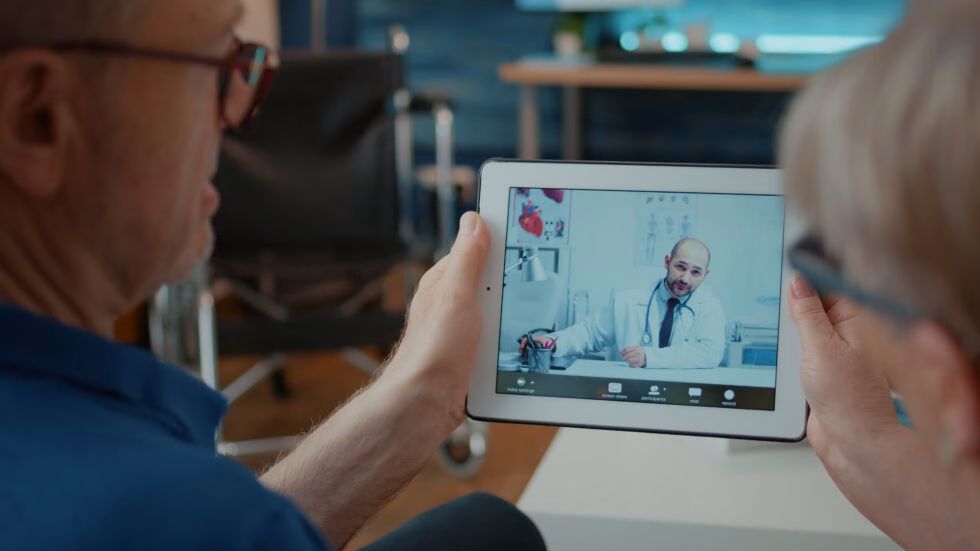
Learn HFMD prevention tips to protect your family. Walk-ins are welcome, and we’re open 7 days a week for urgent care near you.
Mooresville’s parks, including Liberty Park and the Mooresville Family Aquatic Center, are perfect spots for kids to play. Keep hand, foot, and mouth disease (HFMD) at bay by practicing good hygiene, especially after visiting these playgrounds.
Hand, foot, and mouth disease (HFMD) is highly contagious, especially in young children who are frequently in close contact with one another at daycare centers or schools. Since there’s no specific cure for HFMD, prevention is key to keeping the virus from spreading within your household or community. But how can you protect yourself and your family from catching HFMD in the first place?
Why Are Good Hygiene Practices Essential?
The single most important way to prevent the spread of HFMD is through good hygiene. HFMD is transmitted through direct contact with the bodily fluids of an infected person, such as saliva, mucus, or the fluid from blisters. It can also spread via contaminated surfaces.
Here are the key hygiene practices that can help prevent HFMD:
- Frequent Handwashing: Make sure you and your family wash your hands often, especially after using the bathroom, changing diapers, and before eating. Use soap and water, scrubbing for at least 20 seconds. In public settings, you can use hand sanitizer if soap and water aren’t available, but handwashing is more effective.
- Disinfect Surfaces: Regularly disinfect surfaces that are frequently touched, such as toys, doorknobs, countertops, and bathroom fixtures. This is especially important in homes with young children or in daycare settings where the virus can spread rapidly.
- Avoid Close Contact with Infected Individuals: If someone in your household has HFMD, limit close contact with them as much as possible. This includes avoiding kissing, hugging, or sharing utensils and cups.
Teaching children the importance of handwashing and hygiene from an early age can also help prevent the spread of HFMD and other contagious illnesses.
How Can You Prevent HFMD in a Childcare Setting?
Since HFMD is most commonly spread in daycare centers and schools, it’s important for childcare providers to take preventative measures to stop the virus from spreading among children. Some steps that can help include:
- Daily Cleaning Routines: Establishing a regular cleaning schedule to disinfect toys, sleeping mats, and other shared objects can help reduce the spread of HFMD.
- Promote Hand Hygiene: Encourage children to wash their hands frequently throughout the day, especially after playing outside, using the bathroom, and before meals.
- Monitor for Symptoms: Keep an eye out for early signs of HFMD, such as a fever or the appearance of a rash. If a child shows symptoms, they should be sent home to rest and recover before returning to daycare or school.
Parents should also keep their children home from daycare or school if they have a fever or symptoms of HFMD, as this is when the virus is most contagious.
Should You Isolate If Infected?
If someone in your home has HFMD, isolating them from other family members as much as possible can help prevent the virus from spreading. Here are some tips for isolating infected individuals:
- Separate Sleeping Areas: If possible, have the infected person sleep in a separate room from other family members.
- Avoid Sharing Personal Items: Do not share towels, bedding, utensils, or cups with someone who has HFMD. These items should be washed thoroughly with soap and hot water before being used by others.
- Wear Gloves When Changing Diapers: If you’re caring for a young child with HFMD, be sure to wear gloves when changing diapers or cleaning up bodily fluids, and wash your hands thoroughly afterward.
When Can You Return to School or Work?
If your child has HFMD, it’s important to keep them home from daycare or school until their fever has gone and their blisters have healed. Although the exact time may vary, most schools and daycare centers recommend waiting at least 24 hours after the fever has subsided and the child is feeling well before returning to group settings.
For adults with HFMD, it’s also important to stay home from work until symptoms have improved. This helps prevent spreading the virus to coworkers or others in the community.
Can You Build Immunity to HFMD?
Unfortunately, having HFMD once does not guarantee lifelong immunity. HFMD can be caused by different strains of viruses, most commonly coxsackievirus A16 and enterovirus 71. While you may develop immunity to the specific strain of virus that caused your initial infection, you can still contract HFMD again from a different strain.
However, practicing good hygiene and following the prevention strategies outlined above can reduce the likelihood of getting HFMD again.
While there’s no way to completely eliminate the risk of HFMD, practicing good hygiene and taking preventative measures can significantly reduce your chances of catching or spreading the virus. By frequently washing your hands, disinfecting surfaces, and avoiding close contact with infected individuals, you can protect yourself and your family from this common childhood illness. If someone in your household does contract HFMD, be sure to isolate them and take steps to manage symptoms while preventing further spread.
If your symptoms worsen or do not seem to be improving, visit our urgent care clinic, AFC Mooresville, for effective care and treatment that you can trust.

